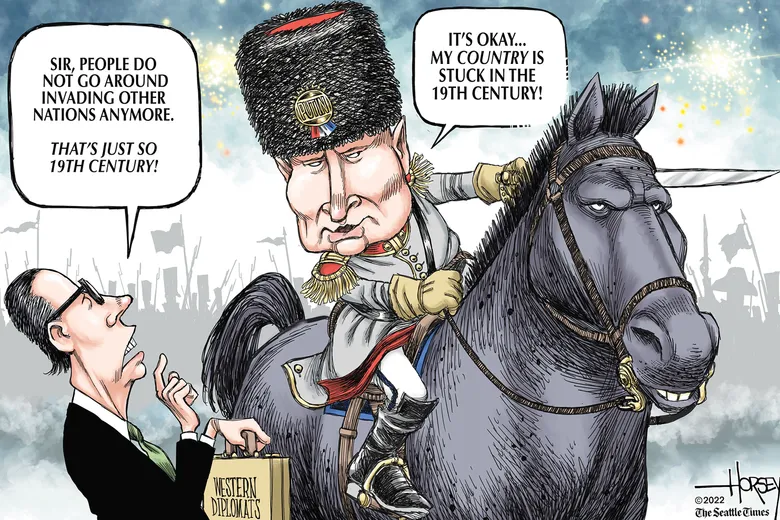Humboldt and the World Organism
By June 2017 a Russian rocket will reach the International Space Station and provide the Astronauts with a new dimension: they will install Icarus namely International Cooperation for Animal Research Using Space which continues the work of the Max Planck Institute for Ornithology and the University of Konstanz.
‘We live in golden age with respect to a system for world research’ stated Martin Wikelski Director MPI for Ornithology. Millions of sensors each weighing one gramme and costing €400 each will by 2020 provide valuable information. Instead of canaries detecting gases in mines in the 19th century, GPS sensors today provide weather data on over-flights of the Himalayas, equally data is collected on melt pools in Alaska even data as far as New Zealand the ‘Icarus Project’ is very ambitious. Such is the vision of Alexander von Humboldt, a name virtually unknown in the English speaking world, excepting the cold Humboldt current along the coast of California, in his work ‘Cosmos’ Humboldt spoke of the ‘World Organism’, an interconnected world.
Walter Jetz of Yale University describes data collected on reproduction and rest areas for birds and their distribution worldwide. Previously volunteers collected data on bird life, now, Iain Cousin of MPI Ornithology describes the new technology as gathering decisive information on fish spawning in real time and their location, migration patterns etc. New sensors have a vital role to play according to Tim Harder of the Friedrich Loeffler-Institut in Reims, France, in particular, predicting zoonoses infections such as Bird Flu. Coupled with this early warning system the build up of gases underground could predict disturbances in the Earth’s core which may lead to earthquakes. Drilling for Oil and Gas could be more profitable with this world data collection.
This gigantic data set could reach 16 terabytes which would require much specialised work and a dedicated data centre. Martin Bachman of the German Centre for Air and Space Research described a Bio-Google of standardised data for use worldwide. This enormous data set could be hacked so that Martin Wikelski states the data would be confined to accredited researchers based on the International Space Station.
Source: Humboldt und der Digitale Weltorganismus, Frankfurter Allgemeine Zeitung, Oktober 5, 2016

















